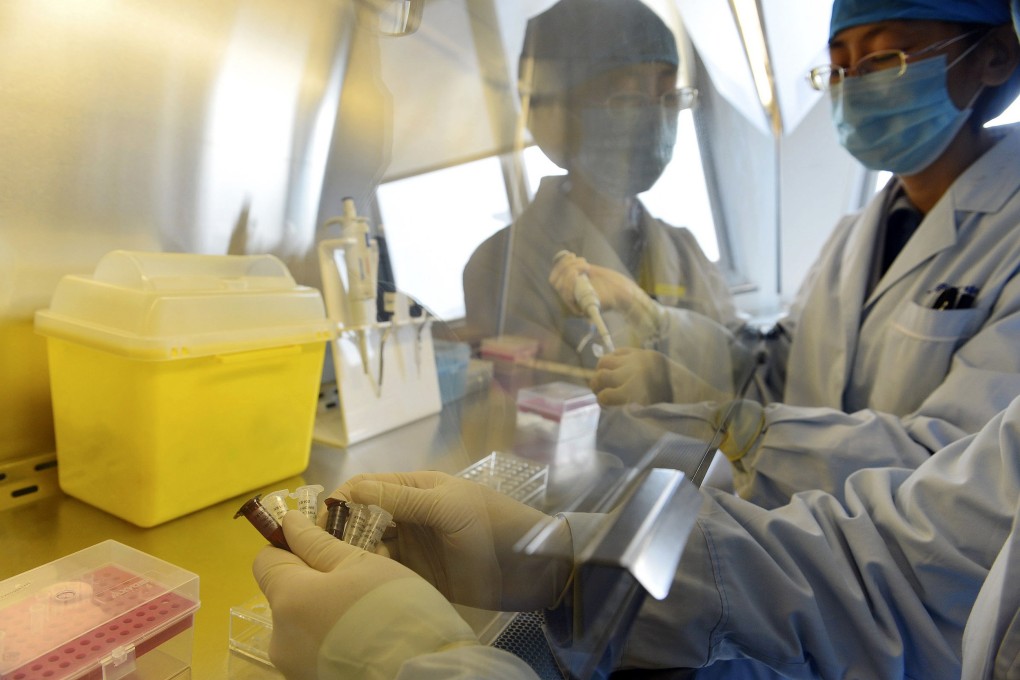Beijing will not 'exclude possibility' of H7N9 infections
The Centre for Disease Control and Prevention said although recent cases of human bird flu infection have been concentrated in eastern China, the city of Beijing was not “absolutely safe” from the virus.

Beijing’s position as an international transit hub means the possibility of an H7N9 bird flu infection cannot be ruled out, the city’s top disease control unit said on Wednesday - as another death in Zhejiang raised the toll of victims to three.
Beijing is still a heavily populated metropolis dealing with large flows of foreign and domestic visitors moving in and out of the city. This would could make it susceptible to infection, the centre suggested.
Once there are suspicious cases, epidemic prevention and control measures will move in to place in accordance with strict standards
But CDC deputy director Pang Xinhuo urged the public not to panic and said the city would be prepared to take “thorough and seamless control measures” if there were any suspected infection cases.
The city has, so far, not received any reports of humans infected with the H7N9 virus.
“Once there are suspicious cases, epidemic prevention and control measures will move in to place in accordance with strict standards,” said Pang.
The first batch of 300 test reagents for the H7N9 avian flu influenza arrived in the capital on Wednesday. The CDC and 55 other laboratories in its network will be capable of testing for the virus upon any suspected cases of infection, Xinhua reported.